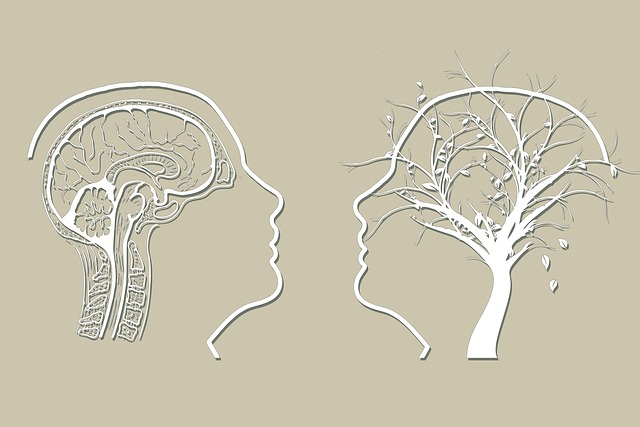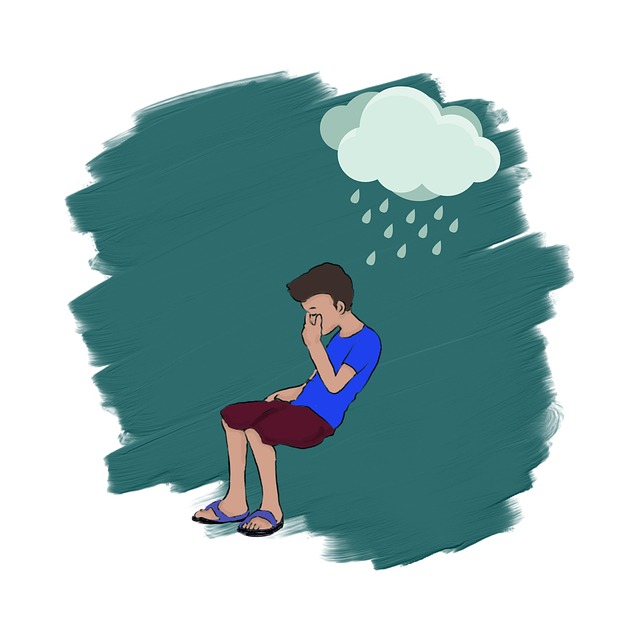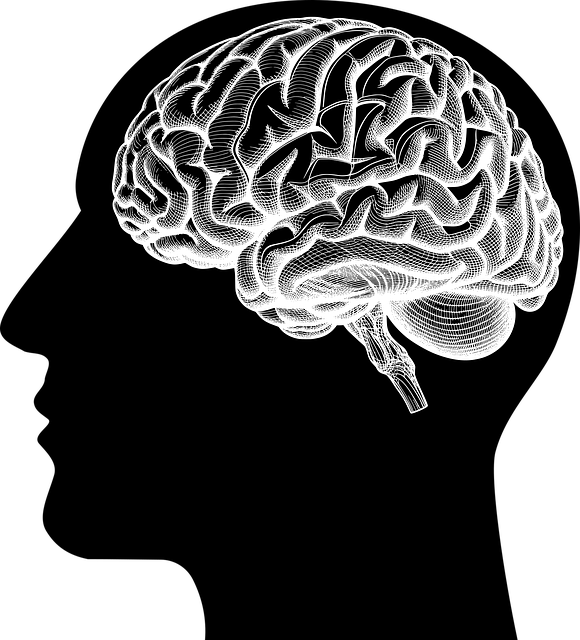Coping skills training is a core component in treating adolescent drug abuse through therapy, addressing emotional stressors and preventing relapse. This involves teaching mindfulness, emotional regulation, problem-solving, and stress management techniques like exercise and social support. Effective coping mechanisms, combined with personalized therapy plans, mental health policy advocacy, and educational programs, disrupt the cycle of substance abuse in teens, fostering recovery and improved life outcomes. Post-treatment support emphasizes building resilience against triggers, self-care practices, and risk management planning to ensure sustained recovery for adolescent teens struggling with drug or substance use disorders.
Coping skills development plays a pivotal role in treating adolescent drug abuse and substance use disorders. This comprehensive guide delves into the essential strategies for addressing this pressing issue. We explore the significance of coping skills in teen therapy, identifying effective mechanisms tailored to address the unique challenges faced by adolescents. The article provides practical insights on integrating coping skill development into treatment plans and offers support for maintaining healthy habits post-therapy, empowering teens to overcome addiction and thrive.
- Understanding Coping Skills and Their Significance in Teen Drug Abuse Therapy
- Identifying Effective Coping Mechanisms for Adolescent Substance Abuse
- Strategies for Integrating Coping Skills Development into Treatment Plans
- Supporting Teens in Maintaining Healthy Coping Habits Post-Treatment
Understanding Coping Skills and Their Significance in Teen Drug Abuse Therapy

Coping skills are essential tools in addressing and treating adolescent drug abuse, especially during therapy sessions designed for this demographic. Teenagers often experiment with substances as a way to cope with underlying emotional or psychological stressors. Therefore, teaching them effective coping strategies is a pivotal aspect of substance abuse therapy for adolescents. By learning how to manage stress and avoid unhealthy outlets, teens can develop resilience and reduce the likelihood of relapsing into drug use.
In the context of Therapy for Adolescent Teens Drug Abuse (or Substance Abuse), coping skills training empowers young individuals to navigate challenging situations without resorting to substance abuse. This involves teaching them techniques such as mindfulness practices, emotional regulation strategies, problem-solving abilities, and healthy stress management methods like exercise and social support. Burnout prevention strategies for healthcare providers involved in this process are also crucial, ensuring they can offer consistent and compassionate care. Effective coping skills not only aid in burnout reduction among therapists but also foster a supportive environment, enhancing the chances of successful recovery for adolescent clients.
Identifying Effective Coping Mechanisms for Adolescent Substance Abuse

Identifying effective coping mechanisms is a crucial step in addressing adolescent substance abuse. For teens struggling with drug or alcohol addiction, understanding and adopting healthy coping strategies can be transformative. Therapy plays a pivotal role here, offering specialized treatment plans tailored to the unique needs of young individuals. Through therapy, adolescents can learn crisis intervention guidance, acquire tools for managing stress, and develop resilience against future triggers.
Mental health policy analysis and advocacy also contribute significantly. Well-designed mental health education programs equip teens with knowledge about substance abuse risks and promote early intervention. By integrating these educational initiatives into schools and communities, we can foster a culture of open dialogue around mental health, reducing the stigma associated with seeking help. This holistic approach, combining therapy, policy support, and education, is key to breaking the cycle of adolescent substance abuse and fostering long-term recovery.
Strategies for Integrating Coping Skills Development into Treatment Plans

Integrating coping skills development into treatment plans for adolescent teens struggling with drug abuse or substance use disorders is a strategic approach that enhances overall mental wellness. Therapists can incorporate techniques like compassion cultivation practices, which encourage empathy and self-compassion, fostering a positive mindset shift crucial for recovery. By teaching teens mindfulness exercises and stress management strategies, they gain tools to navigate triggers and cravings more effectively.
This holistic method goes beyond addressing symptoms by focusing on inner strength development. It empowers adolescents to cultivate healthy coping mechanisms, build resilience, and make informed decisions about their well-being. Tailoring these practices to individual needs ensures that each teen receives personalized support, promoting sustained recovery and improved life outcomes.
Supporting Teens in Maintaining Healthy Coping Habits Post-Treatment

Post-treatment, helping teens maintain healthy coping habits is a cornerstone of their long-term recovery. Therapy for adolescent teens with drug abuse or substance abuse issues often involves teaching them Empathy Building Strategies to navigate social pressures and foster positive relationships. By incorporating these strategies into daily routines, teens can build resilience against triggers that may lead to relapse. Mental health professionals play a crucial role in guiding teens towards self-care practices like mindfulness exercises, which enhance their ability to manage stress and maintain Positive Thinking.
Additionally, Risk Management Planning is an essential tool for empowering teens with the knowledge and skills to make informed decisions. Through these planning sessions, teens learn to identify high-risk situations and develop effective coping mechanisms, such as redirecting negative impulses or seeking support from trusted adults. By equipping them with these tools, professionals enable teens to independently navigate challenges post-treatment, fostering a greater sense of autonomy and well-being.
Coping skills development is a pivotal aspect of treating adolescent drug abuse, offering a durable solution to what can be a complex issue. By equipping teens with effective mechanisms to manage stress and difficult emotions, we empower them to resist substance abuse triggers and maintain their recovery. Integrating these strategies into comprehensive treatment plans, alongside tailored support for maintaining healthy habits post-therapy, significantly enhances the chances of long-term success in combating drug abuse among teenagers.











